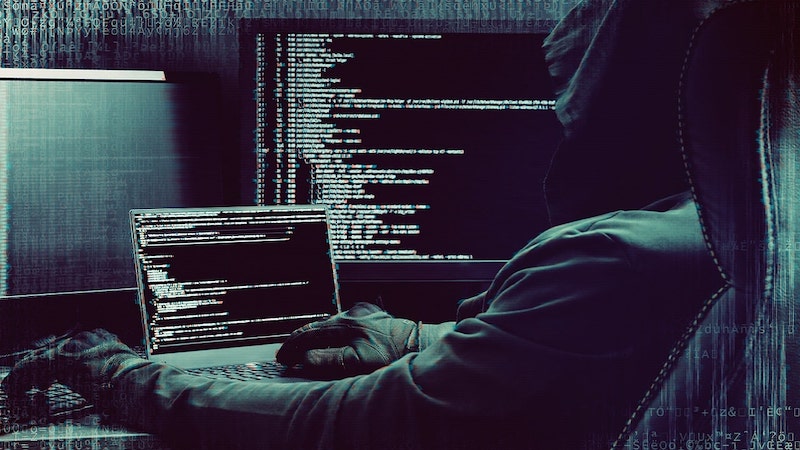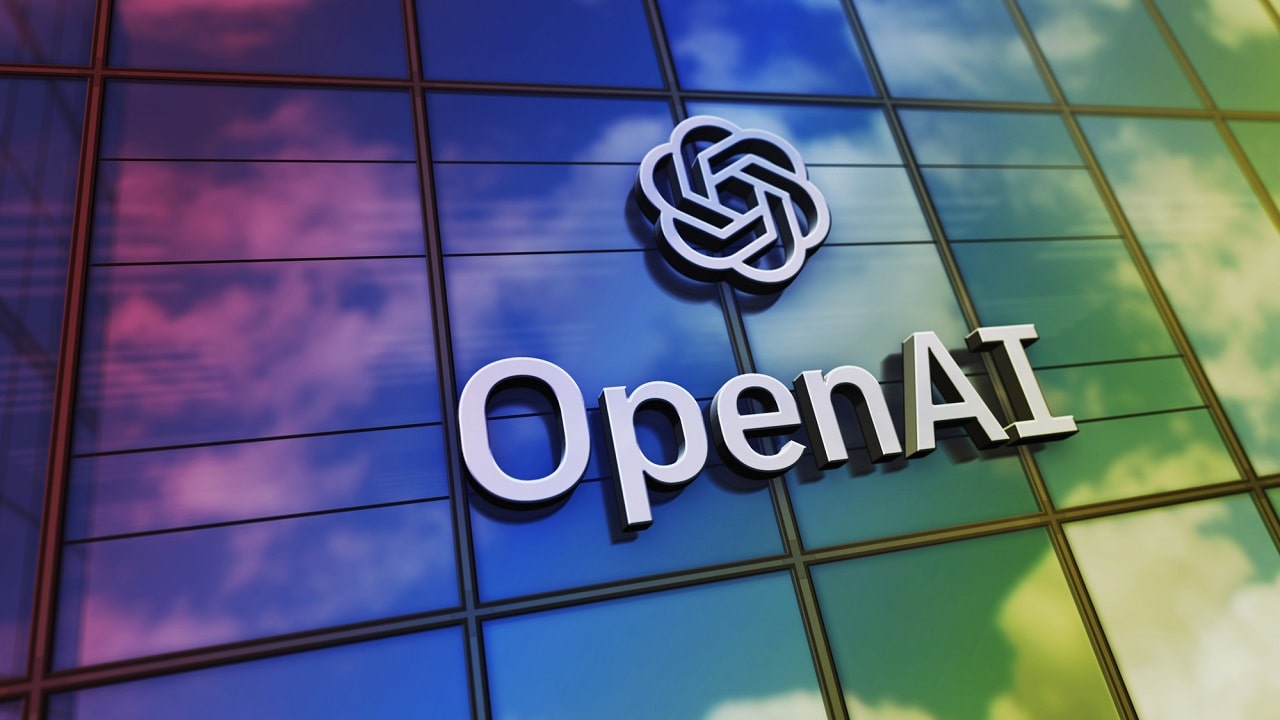The last few days have been ambivalent for OpenAI products.
At the recent DevDay some important (and upcoming) innovations were presented. But in the past few hours ChatGPT has suffered a hacker attack. And, shortly thereafter, Microsoft has blocked employee access to ChatGPT for security reasons.
Let’s find out what little we know about the news of the temporary blocking of the chatbot.

ChatGPT blocked from Microsoft employees
The news was reported by Tom Warren, writer for The Verge, who also showed some screenshots. Microsoft would have temporarily blocked access to ChatGPT to its employees due to unspecified security issues.
With an internal communication, motivated by an update, the company announced the temporary blocking of ChatGPT.
Microsoft has not made any statements on the matter. He only disclosed that it was out of an abundance of caution regarding data handling, and that there were potential security risks.
Tests would then be carried out to verify that sensitive company data was safe.
We remind you that Microsoft’s search engine, Bing, in its Chat functionality is based on the most advanced OpenAI software, GPT-4. The Redmond company invested 10 billion dollars to implement GPT-4 in Bing Chat.
Warren’s post on X
The communication did not appear on The Verge but on Tom Warren’s X profile (formerly Twitter).in a post at 1.40am on Friday 10 November.
It states that “some Microsoft employees report seeing ChatGPT crash for a short period of time today. Microsoft issued guidance to employees that it plans to block certain AI tools and included a screenshot of the blocked ChatGPT. Now that block has disappeared.”
The hacker attack
Although a few hours passed between the two events, it is unclear whether there is any connection between the temporary blocking of ChatGPT for Microsoft employees and the hacker attack that the OpenAI chatbot suffered on Wednesday 8 November.
It was the same company that announced the offensive, which made the platform unavailable for approximately 90 minutes, between 2.42pm and 4.16pm (Italian time) on November 8th. Which was followed by a subsequent down that began around 9.00 pm.
The nature of the attack and the claim
The attack against ChatGPT was a Ddos attack. Ddos (acronym for Distributed denial of service) attacks crash servers by means of a huge amount of access attempts made simultaneously. Unlike equally well-known ransomware attacks, Ddos attacks do not steal data. They therefore have a demonstrative and, so to speak, warning function.
Immediately after the attack there was responsibility. Made on their Telegram channel by the Anonymous Sudan group. And the reason for the offensive is linked to the most dramatic implications of current political events: according to what was written by Anonymous Sudan, ChatGPT was hit because OpenAI provides technologies based on artificial intelligence to Israel to develop weapons.
Anonymous Sudan, again via Ddos attack, hit some Microsoft services in June. This could actually make sense of the blocking of ChatGPT to company employees, decided a few hours after the hack.
The next news from OpenAI
Beyond the last, tumultuous hours, at the DevDay last November 6th OpenAI presented some truly notable upcoming innovations, among which two stand out.
At the first developer day in San Francisco, the company’s top management showed the potential of GPT-4 Turbo, an evolution of GPT-4. The chatbot will be faster, more powerful, and above all its contents will be updated in April 2023.
They are then close to launch customizable artificial intelligencessimply call GPT.
In practice, each user will be able to integrate the software configuration with some documents that refer to the area of knowledge of their interest.
And so you will have a chatbot that is particularly well versed and updated on a particular discipline, for more substantial help in the workplace but also in your passions.















Leave a Reply
View Comments